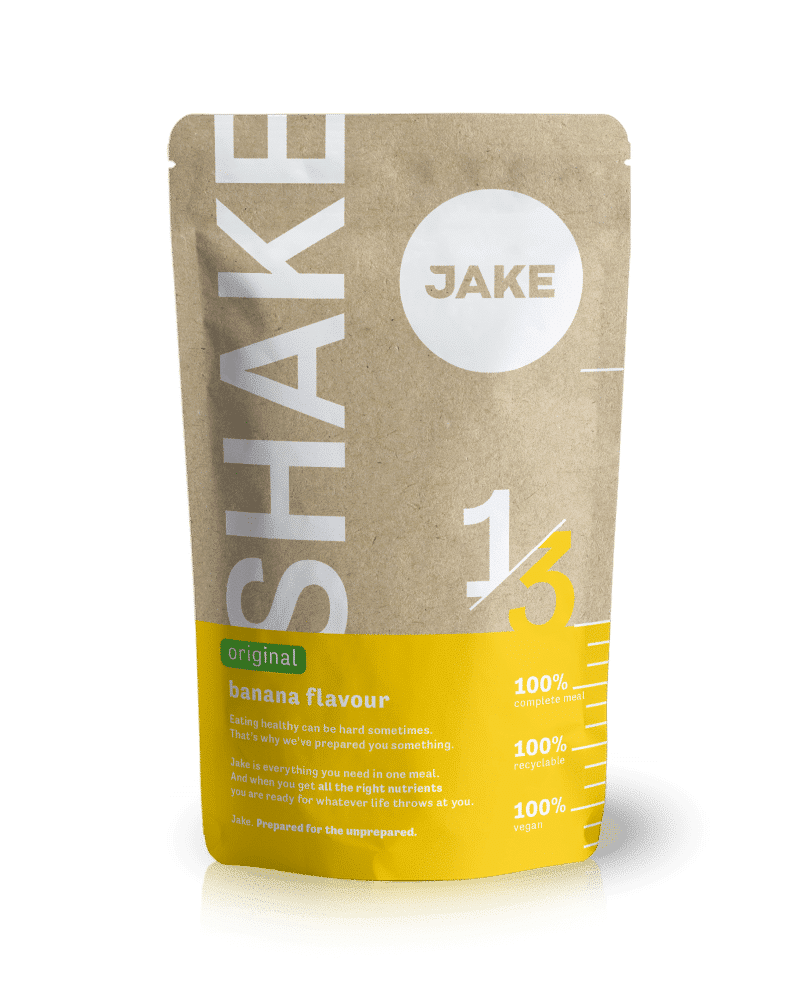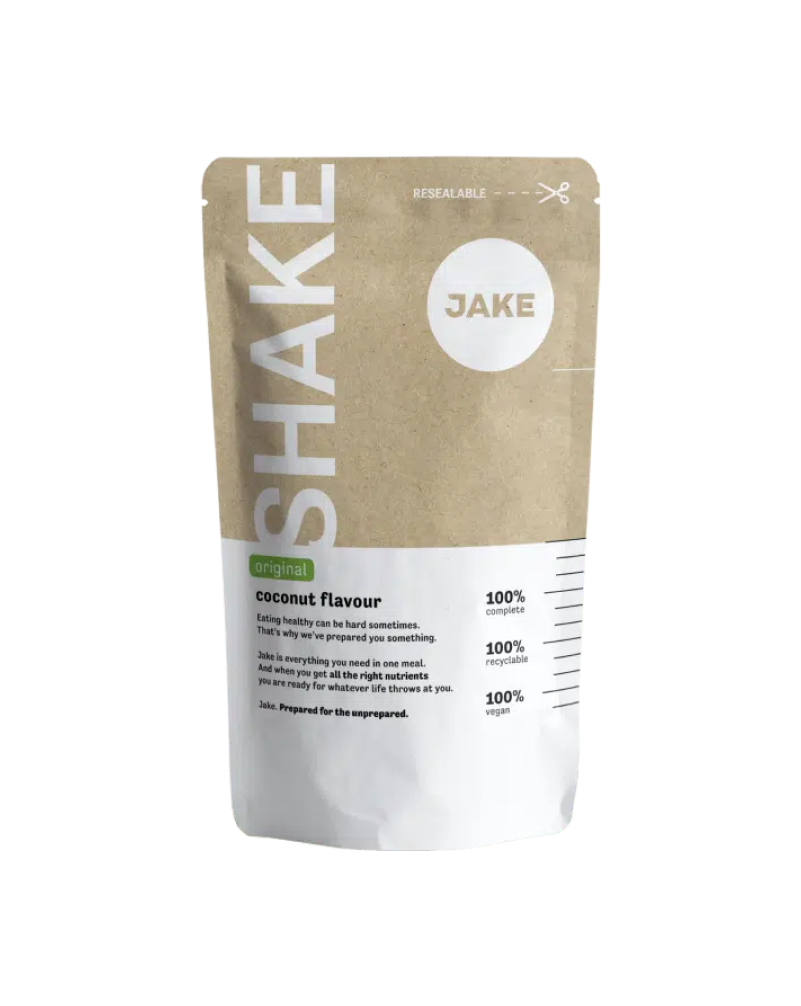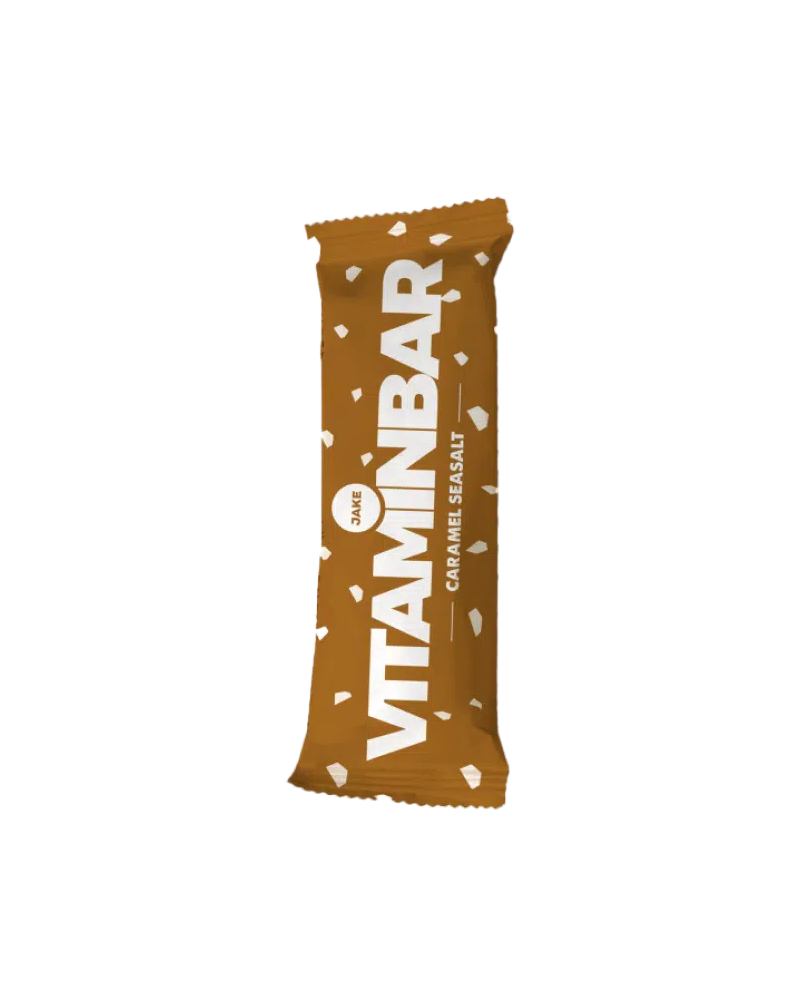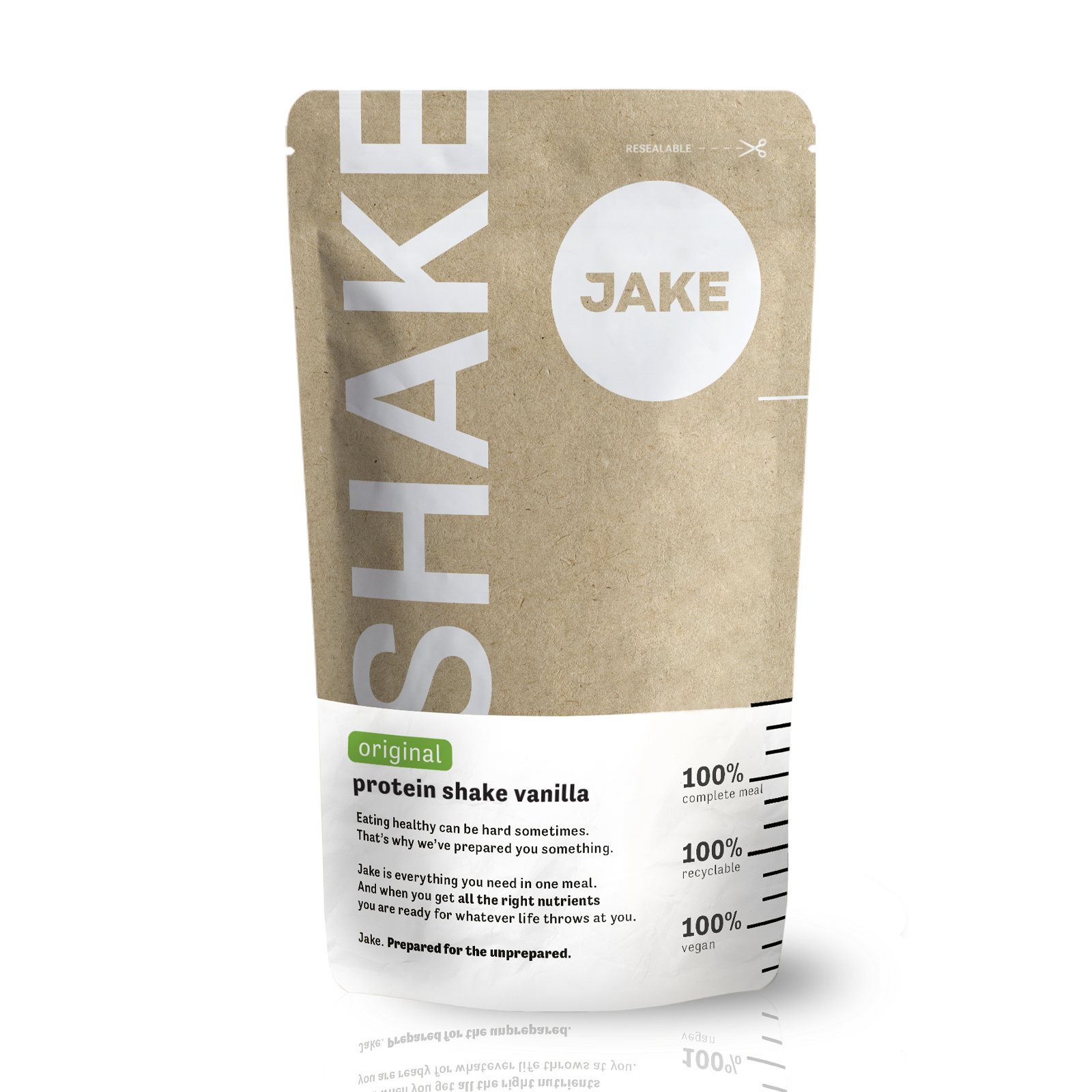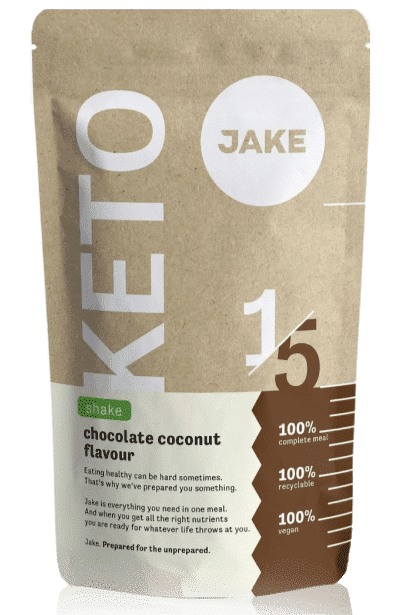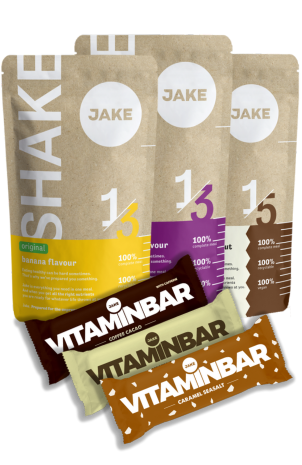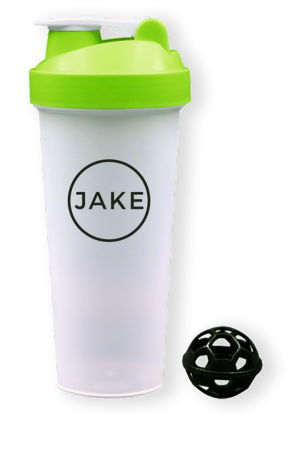8-minute read•July 11th, 2018
If you’ve heard of one vitamin in your life, chances are it’s vitamin C. Although we argue that other vitamins are just as important for our health, vitamin C often gets a lion’s share of the fame. And that’s well-deserved. Vitamin C is more than a potent antioxidant. It also supports the functioning of the immune and central nervous systems. And when you don’t get enough, it shows very soon.
A downside of being popular is that vitamin C occasionally gets credited with things it doesn’t do. Are you wondering if curing a cold is among them? Let’s look at what you need to know about vitamin C.

Short on time?
Types: Vitamin C, ascorbic acid,L-ascorbic acid
Best known for: Protecting cells from damage; supporting the immune system and central nervous system; playing a key role in wound healing.
Good sources: Fruits such as oranges, lemons and kiwis; vegetables, including broccoli and red bell pepper; potatoes.
Recommended dietary allowance (RDA): 80 mg/day for adults. The tolerable upper intake level (UL) is set at 2 grams/day.
Good to know: Vitamin C will not help you prevent or treat a cold. However, it can help reduce its duration by up to 8%.
Vitamin C in Jake:
Jake Light and Original: 33% of RDA
Jake Sports: 25% of RDA
Vitaminbars: 25% of RDA
What is vitamin C?
Vitamin C is also known as ascorbic acid or L-ascorbic acid. It is a water-soluble vitaminVitamins can be water-soluble and fat-soluble. Water-soluble vitamins can be dissolved in water and are not stored in the body. that our bodies cannot synthesise.
The concentration of vitamin C in tissues and blood plasma is tightly controlled by the body. Even if you consume an excessive amount of vitamin C, it will not result in an equivalent increase of vitamin C concentration in your blood plasma. For example, an intake between 30mg and 180 mg/day is absorbed at a rate of 70-90%. If you increase your consumption to over 1g/day, the absorption rate falls to 50% to keep vitamin C concentration below about 220 micromol/L. Interestingly, when vitamin C is injected intravenously, its concentration in blood plasma can reach levels as high as 26,000 micromol/L. Although such a high concentration of vitamin C may sound dangerous, it is not considered toxic.
Health benefits of vitamin C
Vitamin C is best known for its function as antioxidantAntioxidants protect cells in the body from damage caused by free radicals. Free radicals are by-products of various chemical reactions which can have a negative effect on normal cell functions over time.. Apart from acting as one, it also protects and regenerates other antioxidants within the body, such as vitamin E.
In brief, the key functions of vitamin C include:
- Supporting the immune system.
- Contributes to the maintenance of normal skin.
- Helps protect cells against oxidative damage caused by air pollution
- Has a positive influence on the functioning of the nervous system
- Helps to reduce tiredness and fatigue
- Good for the ability to concentrate
Can vitamin C help with your cold?
Studies on the topicSource: The Cochrane Database of Systematic Reviews show that vitamin C in doses from 250mg – 1g/day can reduce cold incidence by 50%. However, this result was only observed among marathon runners, skiers and soldiers exposed to extreme physical and environmental conditions. If that’s not you, then vitamin C won’t do much to prevent a cold. There is also no evidence that it will help you cure one. What vitamin C can do is reduce the duration of a cold with up to 8% in adults and 14% in children. Still not bad!
How much vitamin C do you need?
The recommended dietary allowance (RDA) for vitamin C is 80mg/day. That’s basically one orange.
Vitamin C may help counter the skin ageing process. Some studies show that vitamin C applied to the skin for a minimum duration of 12 weeks can decrease skin damage and wrinkling, as well as increase the production of collagenSource: Archives of Otolaryngology: Head and Neck Surgery. Interestingly, these effects are less potent or completely absent in individuals who consume high amounts of vitamin C through their diet.
Vitamin C in foods
Vitamin C is perhaps most strongly associated with oranges. Whereas they are an excellent source of vitamin C, other fruits and vegetables are not far behind.
These are the best sources of vitamin C:
| Food | RDA (%)* | Vitamin C (mg) |
|---|---|---|
| Red bell pepper (one, whole) | 300% | 225 |
| Broccoli (200 g) | 304% | 228 |
| Brussels sprouts (200 g) | 227% | 170 |
| Orange (one, whole) | 100% | 75 |
| Potato (100 g) | 25% | 20 |
* Based on the recommended dietary allowance (RDA) for healthy adults (80 milligrams/day), according to EFSA.
If you steam or microwave food, it will lose very little of its vitamin C content. However, long-term storage and/or cooking at a high temperature can significantly reduce the content of vitamin C in food.
What if you’re not getting enough vitamin C?
Severe vitamin C deficiency occurs rarely. However, if it does, it can be very dangerous.
You are at risk of vitamin C deficiency if you belong to one of the following groups:
- Smokers: Due to increased oxidative stress, smokers’ daily needs for vitamin C are increased by about 35mg/day. This affects active as well as passive smokers.
- People whose diet is not varied enough: If you never eat fruits, vegetables or potatoes, you will likely struggle to meet your vitamin C needs, unless you use supplements.
- People suffering from severe intestinal malabsorption and/or end-stage renal disease patients on chronic haemodialysis.
How much vitamin C is too much?
Vitamin C has low toxicity and there are no serious adverse effects associated with a high intake. Usually, the excess amount will be excreted from your body through the kidneys.
However, overconsumption may cause diarrhoea, nausea and gastrointestinal discomfort in certain cases. It can also contribute to reduced levels of vitamin B12 and copper in the body.
To avoid these potential negative effects, it is recommended to limit consumption to a maximum of 2 g/day. This is considered to be the tolerable upper intake level (UL), the level at which side effects are very unlikely.
Take-aways
The top three facts to remember about vitamin C:
- Vitamin C is a powerful antioxidant. It protects your cells and also helps other antioxidants do their job. Vitamin C is crucial for wound healing and supports the normal functioning of your immune and central nervous systems.
- The concentration of vitamin C in your tissues and blood is tightly controlled by the body. It will not raise above a certain level (about 220 micromol/L) even if you consume an excessive amount of vitamin C.
- Meeting your daily needs of vitamin C can be as easy as eating an orange or a red bell pepper. Other good sources of vitamin C are potatoes, broccoli and kiwi.
Afraid to miss out on essential nutrients your body needs? You can always take our Jake meal replacement shakes or one of our delicious meal replacement bars.
